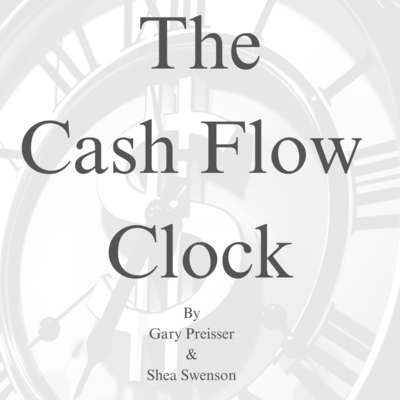The Cash Flow Clock: For Retirees - Book - Page 33

The Cash Flow Clock
income, etc.) is taxed at ordinary income rates, which are currently as
high as 37% and are scheduled to increase as early as 2026.
Some believe they are reducing their taxes by making contributions to
traditional 401k, IRA, or similar accounts. The reality is that they are
simply deferring tax. The income has been earned but has not been
taxed yet. Tax deferred assets can be bought and sold without tax
consequences as long as they stay in these accounts. When they are
withdrawn, every dollar will be taxed at ordinary income rates, the
highest tax rates possible.
This tax can only be deferred for so long. Tax deferred assets have to be
withdrawn (Required Minimum Distributions), at least a percentage
each year, starting at age 73. The minimum age used to be 70.5, then it
changed to 72, and now it is 73. It will go up as high as 75 based on
current law.
Unlike non-qualified assets, there is no step up in cost basis for tax
deferred assets. Tax will be paid on these assets at some point. The only
question is when the tax is paid. When the tax is paid determines how
much tax is paid since it is based on our income and the tax rate in that
year.
Any assets left in tax-deferred accounts at death must be emptied by the
heirs within 10 years, and every dollar will be taxed at ordinary income
rates. Many beneficiaries inherit these accounts when they are in their
fifties or sixties, typically a time when they are earning more income
(and have fewer deductions) than at any other time in their life. These
forced distributions can push them into higher tax brackets. This makes
tax deferred assets the worst way to pass our assets on to our
beneficiaries.
Many taxpayers try to defer taxes as much as possible. They have no
problem with their beneficiaries paying taxes as long as they don’t have
to. But the reality is that their assets will be used to pay taxes, whether
they are alive to do it themselves or not. Our goal should not be to just
reduce our tax liability. We should aspire to reduce the tax liability on
our assets, throughout our lifetime but also throughout the duration of
our estate. It shouldn’t matter if we or our beneficiaries are paying taxes.
29